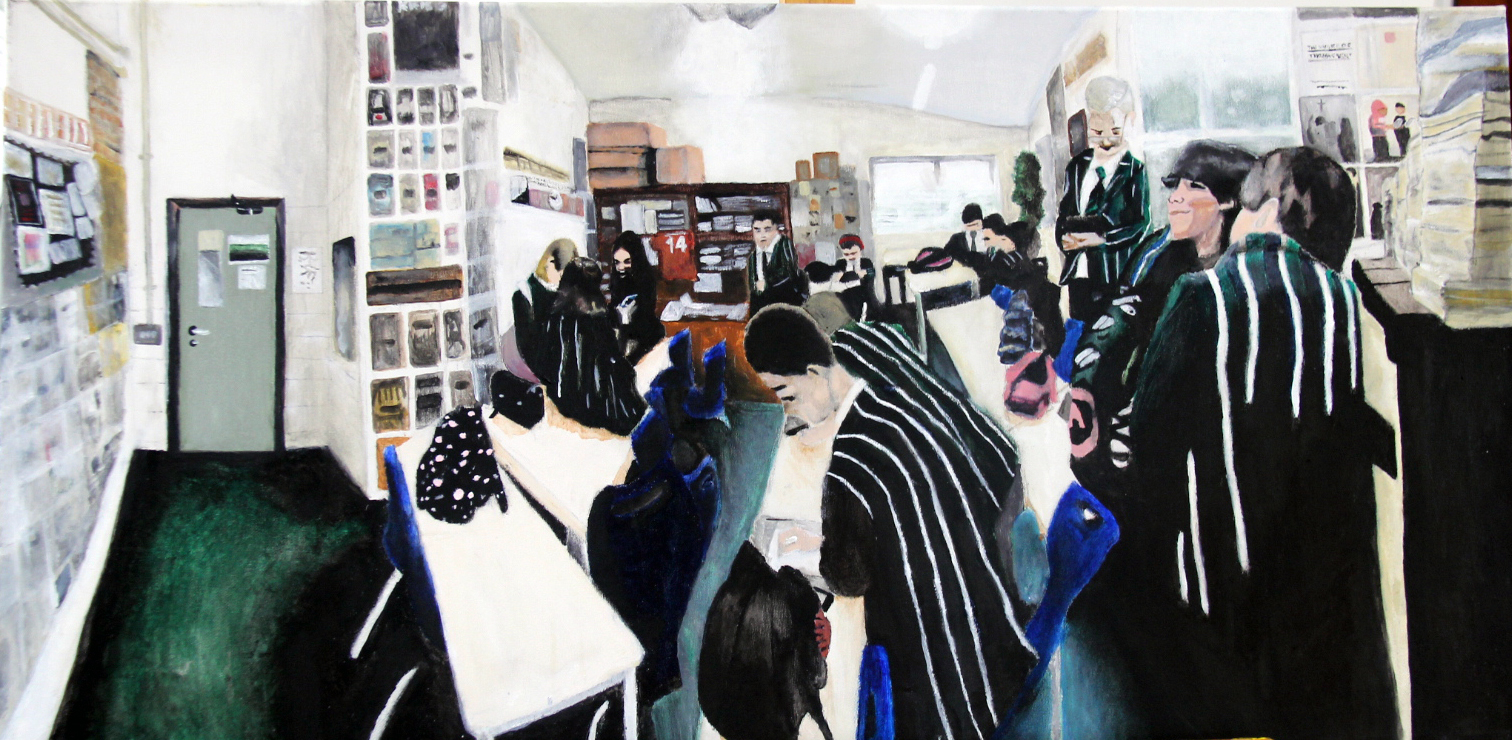
Above & Beyond is a new magazine written by members of the King’s community, that sets out to highlight and discuss the key educational topics of the day.
Each month, we will feature an article from Above & Beyond, which aims to inform, entertain and, in many cases, challenge conventional thinking around the education and development of young people.
This month’s article features our Director of Learning Support, Sarah Glass discussing why inclusivity matters and celebrating learning differences.
Why Inclusivity Matters: Celebrating Learning Differences
By Sarah Glass, Director of Learning Support
Every child has their own individual range of strengths and weaknesses, but for some children simply being at school can be a challenge. It is important for a school community to frame this challenge in a positive way and think in terms of differences rather than disabilities or deficits.
All children, whether they have a learning difference or not, face their own individual challenges at some point in their school career; some subjects will be preferred to others, the work which needs to be done outside the classroom may prove to be difficult and the complexity of an active social life (whether on or off line) can often be overwhelming. On top of all of this, children with specific learning difficulties such as dyslexia, ADHD, dyspraxia and autism will undoubtedly find the school environment a huge challenge unless adjustments can be made which allow them to learn in a way which suits them best.
The good news is that the attitude toward children who don’t learn in a conventional manner has shifted massively during the last ten years. Educational institutions like schools and universities are now much better at recognising the need for a framework which allows incredibly gifted people to express their gifts without using the ‘standard’ methods of writing down or explaining their thoughts. Similarly, some industries are actively recognising the value of employing individuals capable of providing a neuro diverse point of view. This is likely to become more and more commonplace in the future, building on the foundation created by schools which increasing seek to adapt to a child’s needs rather than trying to force that child to adapt to the so called ‘norm’ for learning. It’s not going to be a quick or easy journey. Educators, as a whole, still don’t know enough about creating a teaching space varied enough to bring the best out of all of their pupils. One example is recognising the importance of the physical environment. The kind of brightly coloured, visually ‘loud’ backdrop which would normally be seen as symptomatic of a vibrant and exciting school could prove to be over-stimulating to some children, making it vitally important that the alternative of a calm, quiet space is also readily at hand. Similarly, schools which might traditionally have regarded children who don’t behave typically as being ‘naughty’ will have to adopt the viewpoint that so called ‘bad behaviour’ could be a way of communicating something else, and will have to work to identify what that something else is.
The responsibility doesn’t rest entirely with teachers, of course. Starting from the viewpoint that every teacher sets out wanting to do the best for every child, we need to alter the systems that are in place in order to provide the breathing space that makes this possible. In the modern climate of league tables, tests, assessments, exams and endless marking, it can be difficult to embrace new ways of working and different ways of doing things. Similarly, parents have to be persuaded to take the right approach to a child with a less than typical approach to school and learning. The ideal scenario is one in which the child is placed at the centre of a network including teachers, specialist agencies and parents. By actively discussing difference, tolerance and acceptance with all of the children in a school, teachers will be playing a vital role in helping to create a community which, as a whole, is a supportive place which celebrates difference.
That there is still work to be done in this field is undeniable. Recent TV programmes such as drama The A Word and the autobiographical documentaries of Chris Packham and Rory Bremner have played their part in informing the wider public about specific learning difficulties and what they mean for people and their families in everyday life. What is most interesting about Chris Packham and Rory Bremner in particular is that they actually both put their own success down to their neurodiversity. Significantly, even though both faced challenges in school, neither would go back and change who they are.
The first edition of Above & Beyond is available from Senior School reception.















